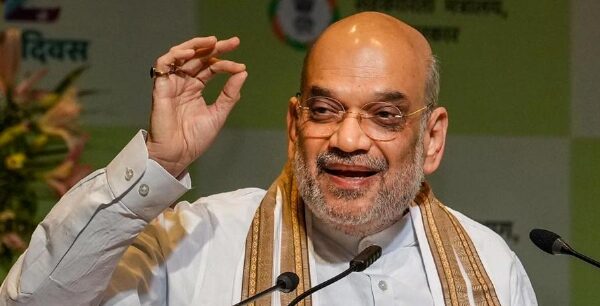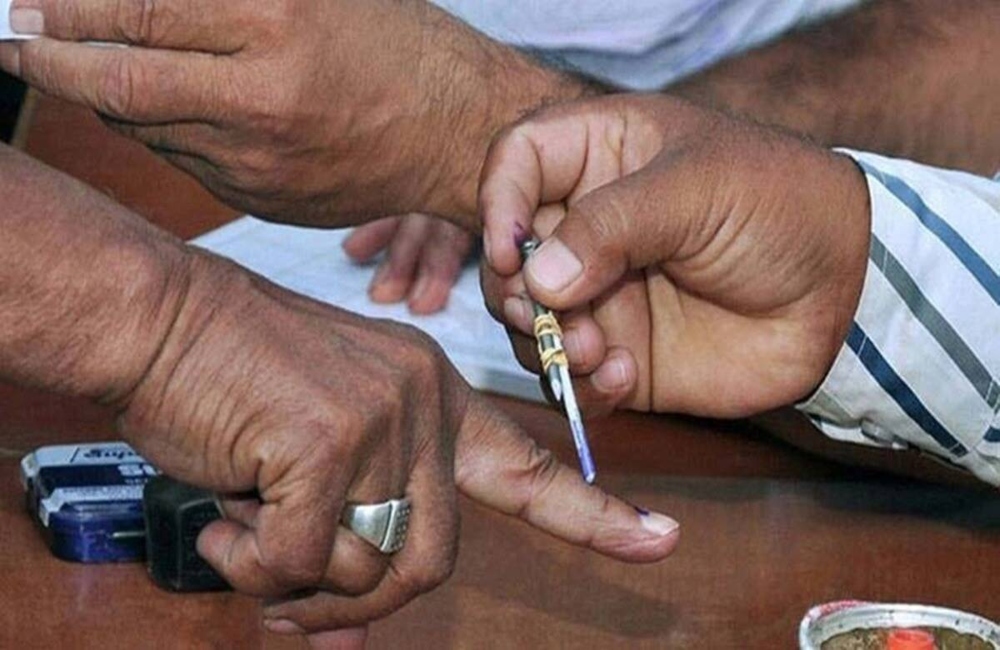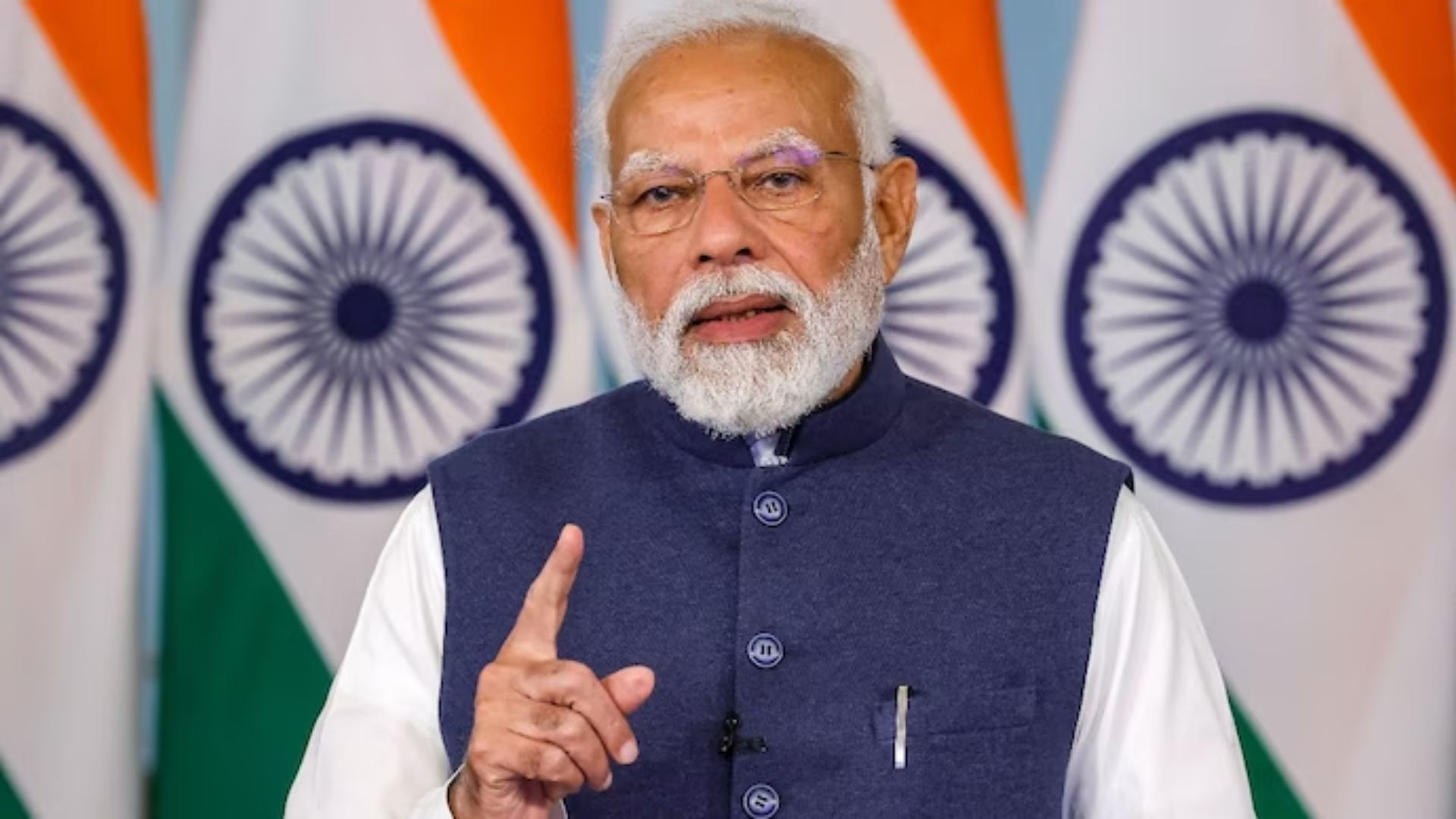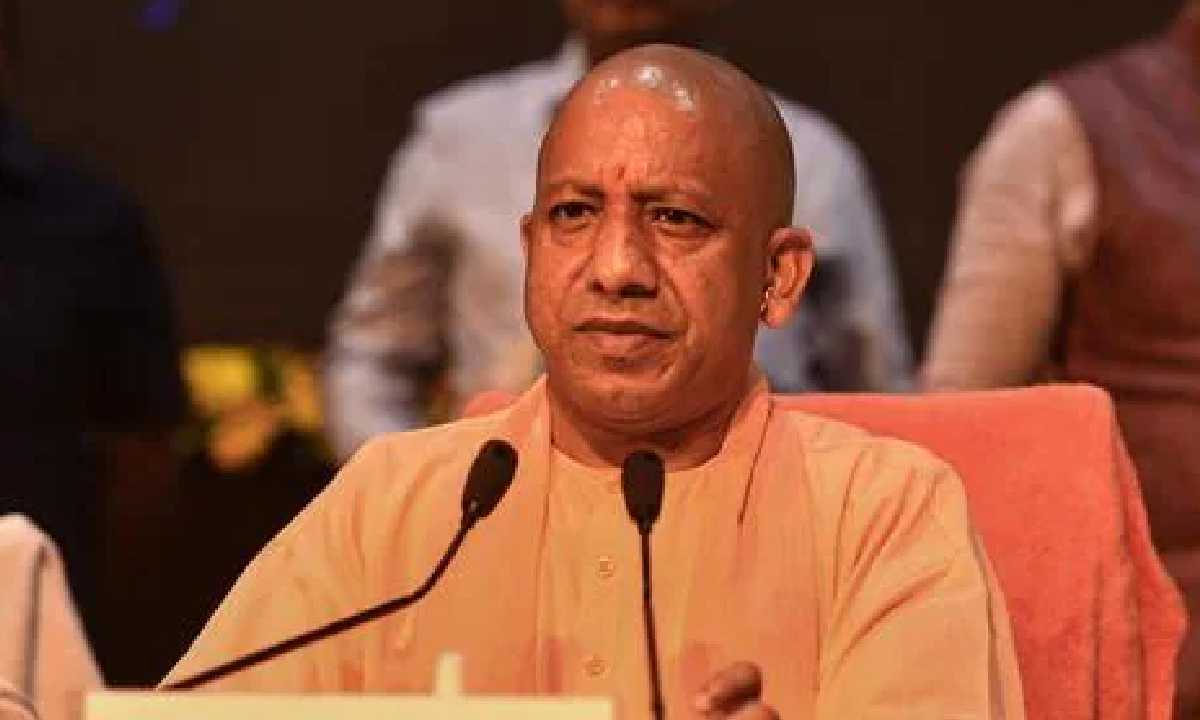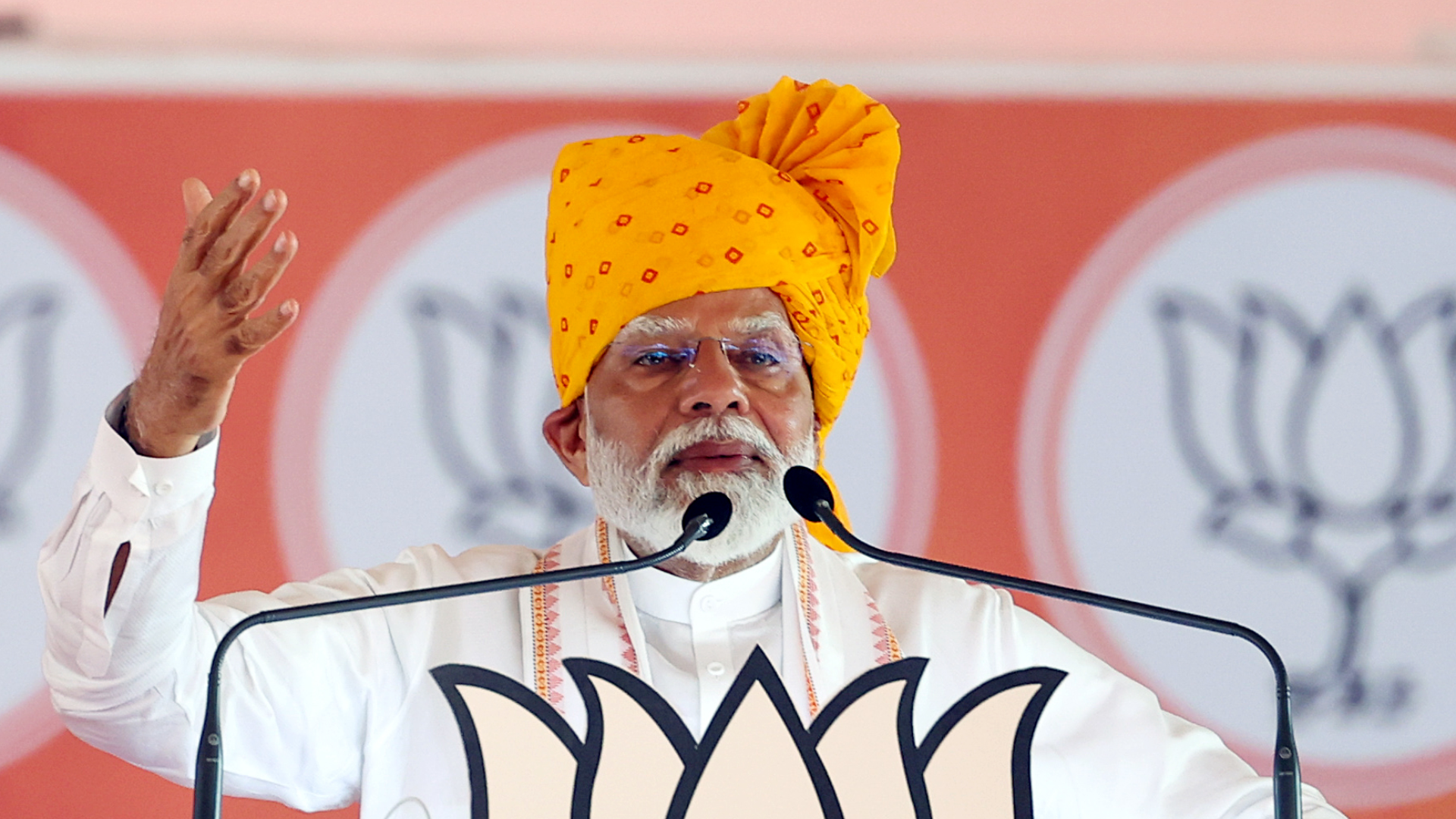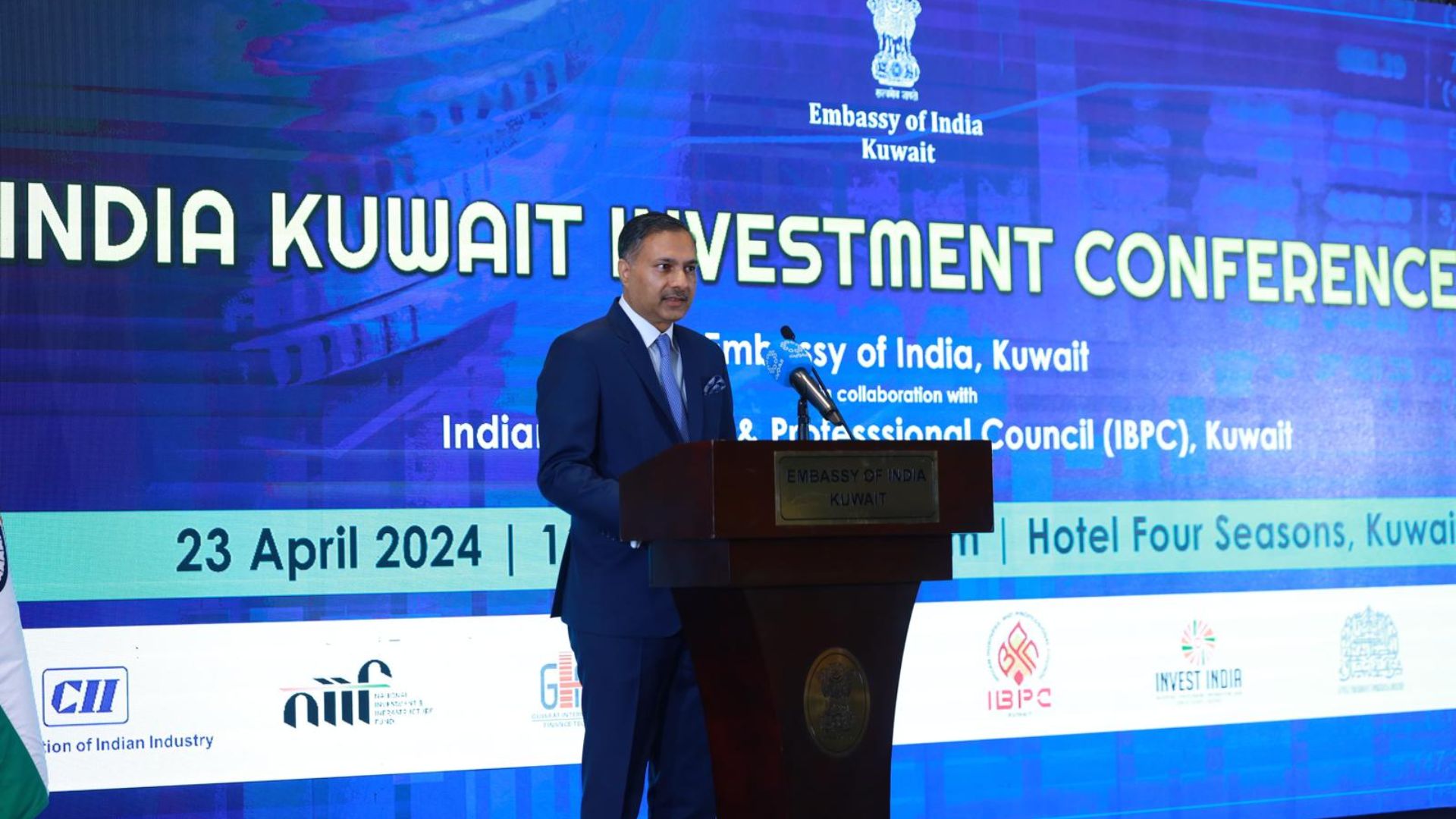


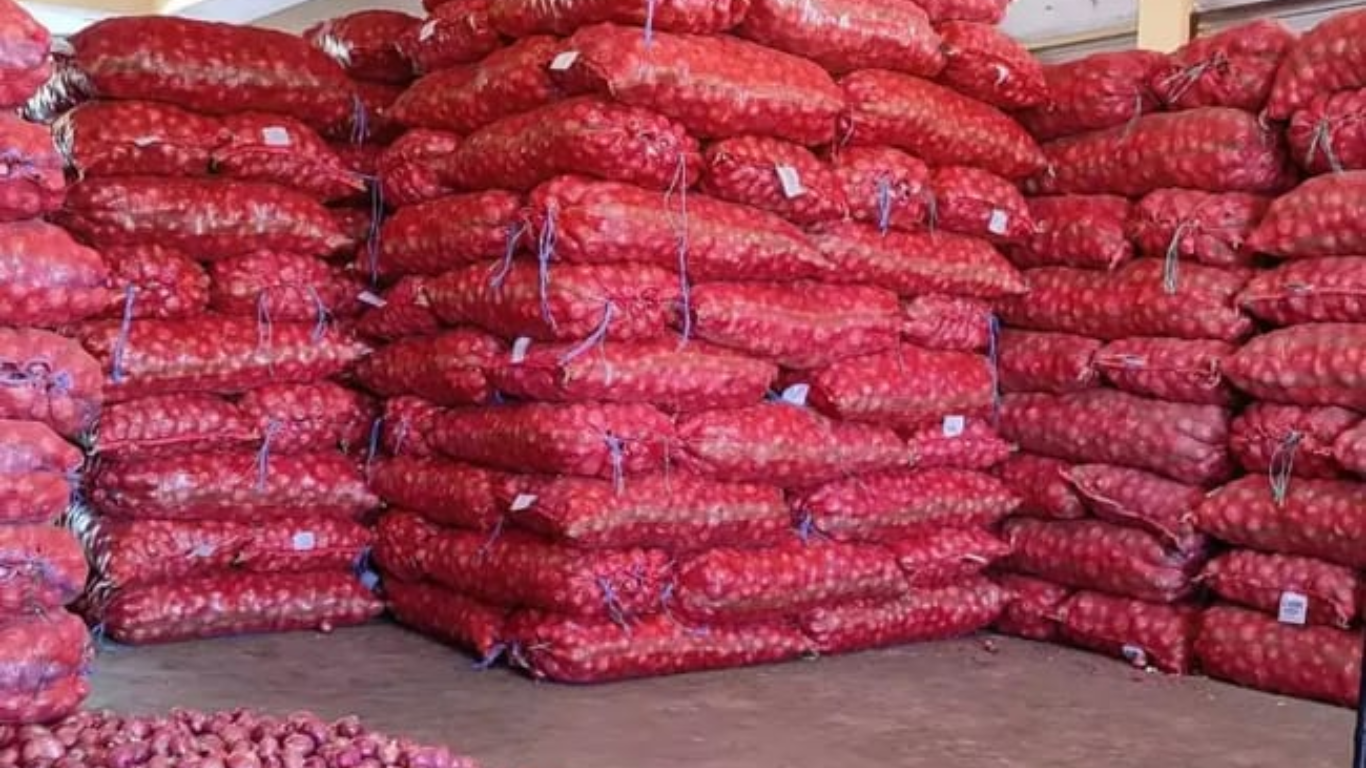



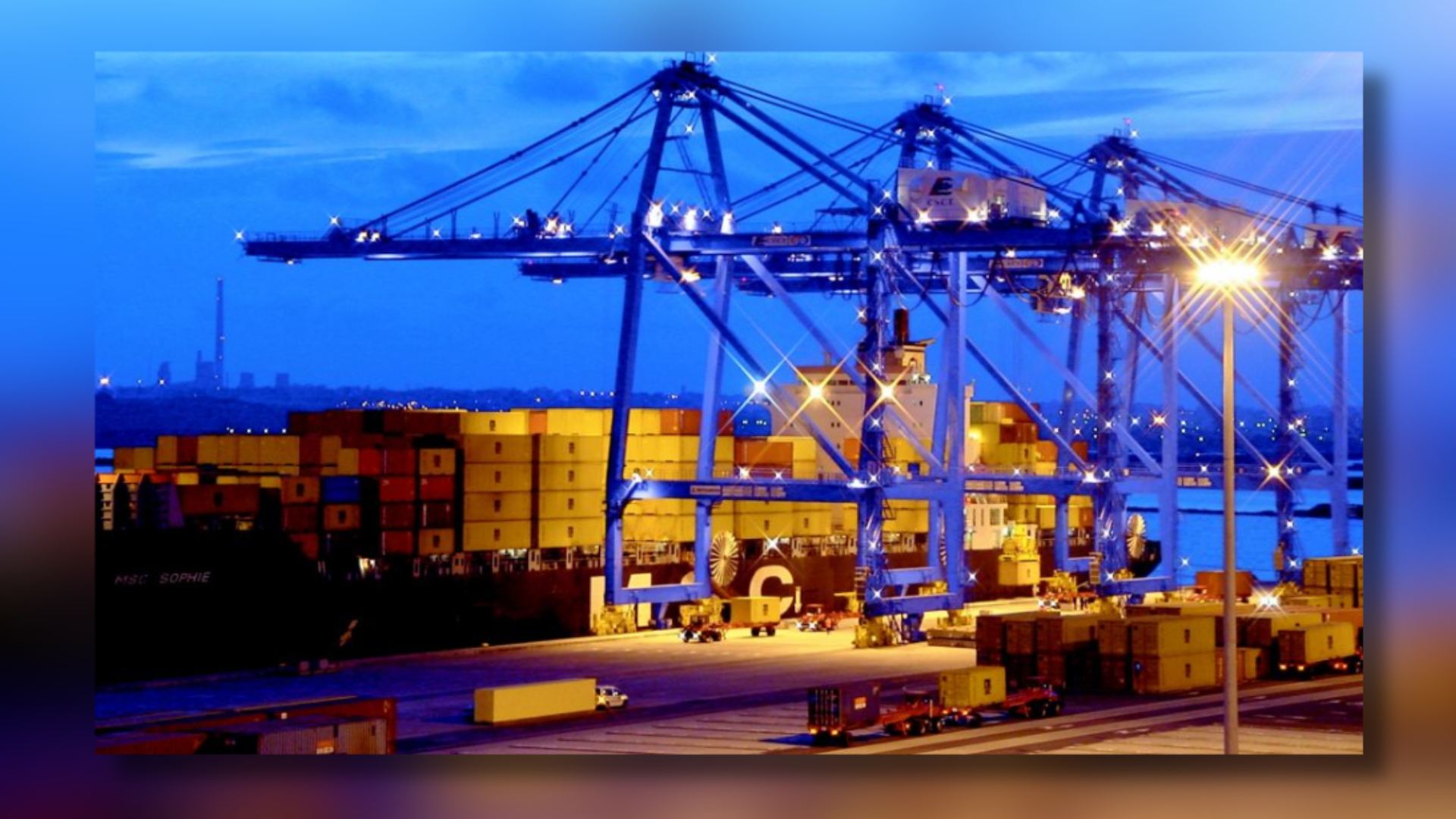



The anticipated changes to the Special Economic Zones (SEZ) legislation are likely to be a priority in the commerce ministry’s 100-day agenda for the upcoming government, with plans to present it during the monsoon session of Parliament, according to sources.
The monsoon session will mark the inaugural session of the newly elected government, coinciding with the presentation of the full budget for the fiscal year 2024-25.
The seven-phase Lok Sabha polls, recognized as the world’s largest democratic exercise, will commence on April 19, with vote counting scheduled for June 4.
The government is contemplating several measures, such as establishing a flexible framework for selling products manufactured in SEZs in the domestic market and streamlining approval processes for units.
The objective is to revitalize SEZs and facilitate business transactions between SEZs and the domestic tariff area (DTA) or the domestic market.
READ MORE
Fashion Icon Roberto Cavalli, Master Of Animal Prints And Riviera Elegance, Passes Away At 83
SEZs are designated areas treated as foreign territories for trade and customs duties. However, there are limitations on duty-free sales outside these zones in the domestic market.
The commerce ministry previously convened an inter-ministerial meeting to discuss the proposed amendments. Last year, Commerce and Industry Minister Piyush Goyal expressed the government’s intent to ease certain restrictions for SEZ units to foster sectoral growth.
The Global Trade Research Initiative (GTRI), a think tank, has recommended in a report that the government permit the sale of products manufactured in SEZs in the domestic market, provided duty foregone on inputs is paid. This approach would facilitate value addition and promote growth.
Currently, units in SEZs can sell their products in the Domestic Tariff Area (DTA) by paying duties based on the output (finished goods).
Ajay Srivastava, Co-Founder of GTRI, noted that the government already permits DTA sales based on the duty foregone on an input basis for firms operating under the Manufacturing and Other Operations in Warehouse Regulations (MOOWR) scheme.
The government can “extend the same concession to the SEZs for parity sake. This will encourage value addition within the SEZ, as in most cases, the tariff on finished products is higher than on inputs,” Srivastava had said.
Special Economic Zones (SEZs) play a crucial role in India’s export sector as they contribute to a significant portion of the country’s overall exports.
ALSO READ

